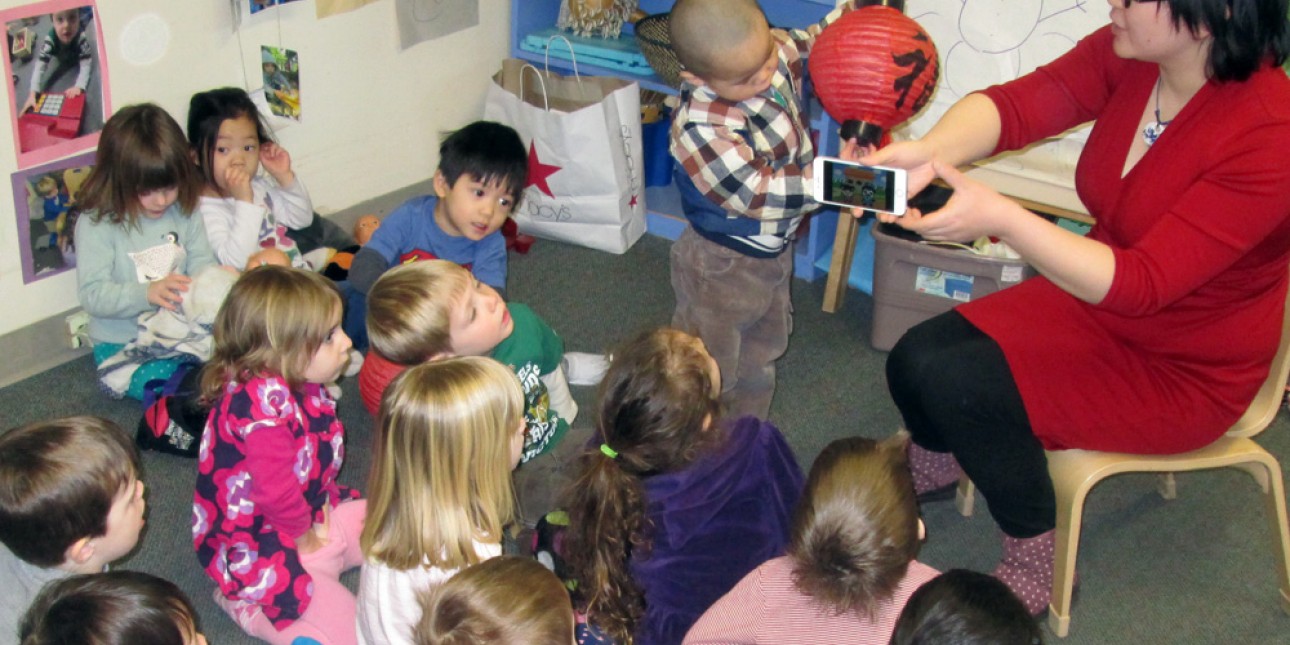October Message from Deb Green

Let's Learn About Holidays
I’ve written a lot about how so much of the strength of PIC's program comes from its diversity. Being part of a diverse community means that our children have wonderful opportunities to learn about holidays and traditions that are different than their own.
I am asked often how PIC celebrates holidays. As we have moved away from holiday celebrations being a big part of our curriculum, I have realized that there is some confusion about this.
There is a difference between learning about and celebrating a holiday.
When programs “celebrate” holidays, children become immersed as full participants, even if the holiday is not celebrated in their own home nor falls within their family’s belief system. In a diverse community, it is also a question of which holidays should be celebrated.
In contrast, “learning about” a holiday means teaching children about what the holiday means to the cultural/religious groups who honor it, and the various ways they choose to celebrate it. We focus on how different families in the classroom community celebrate specific holidays.
Teaching Holidays
Teaching about a holiday calls on teachers to communicate accurate information, appropriate to the child’s level of cognitive development. It also requires that teachers to make very clear that we can enjoy learning about each other’s holidays without having to participate in ideas and rituals that are not our own.
Teachers often read a developmentally appropriate book with the children. Family members are invited to share what it is they do during a holiday and why. Depending on the ages of the children, it may be appropriate to engage them in a cooking activity, share family pictures, or create a special art project. The important thing is that the learning experience is genuine and comes from a family who celebrates the holiday.
Respecting Holiday Traditions
Every holiday tradition deserves respect. Respecting cultural diversity means recognizing that everyone has the right to his or her beliefs and traditions, including holidays. It can be hurtful to children and families to disrespect that diversity in our program by imposing the holidays of one group on all the children and staff; by making the holiday traditions of some groups visible while others’ are invisible; or by denying anyone the right to believe in or to celebrate his or her tradition in their home.
It is out of this same respect that we advocate the principle of inviting children to learn about each other’s holidays, rather than asking them to celebrate the holidays in the classroom. When it comes to holidays, what we DO want to celebrate is the rich diversity and multiple perspectives we have within our PIC community.